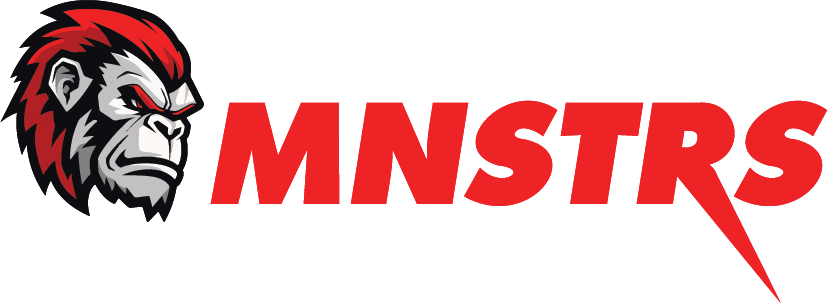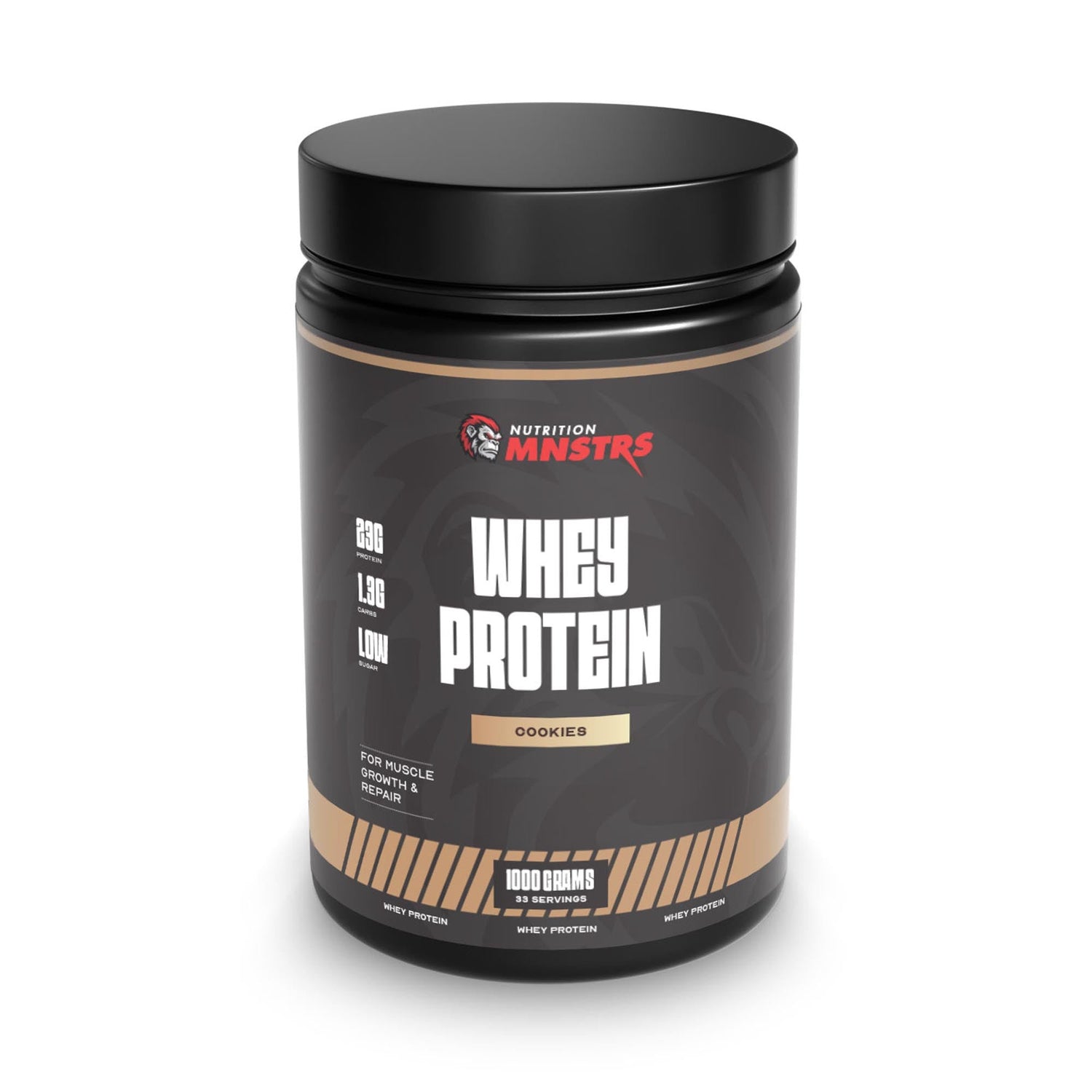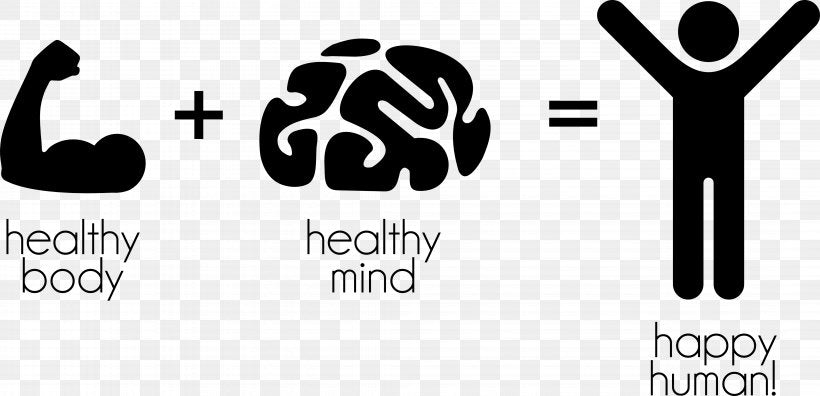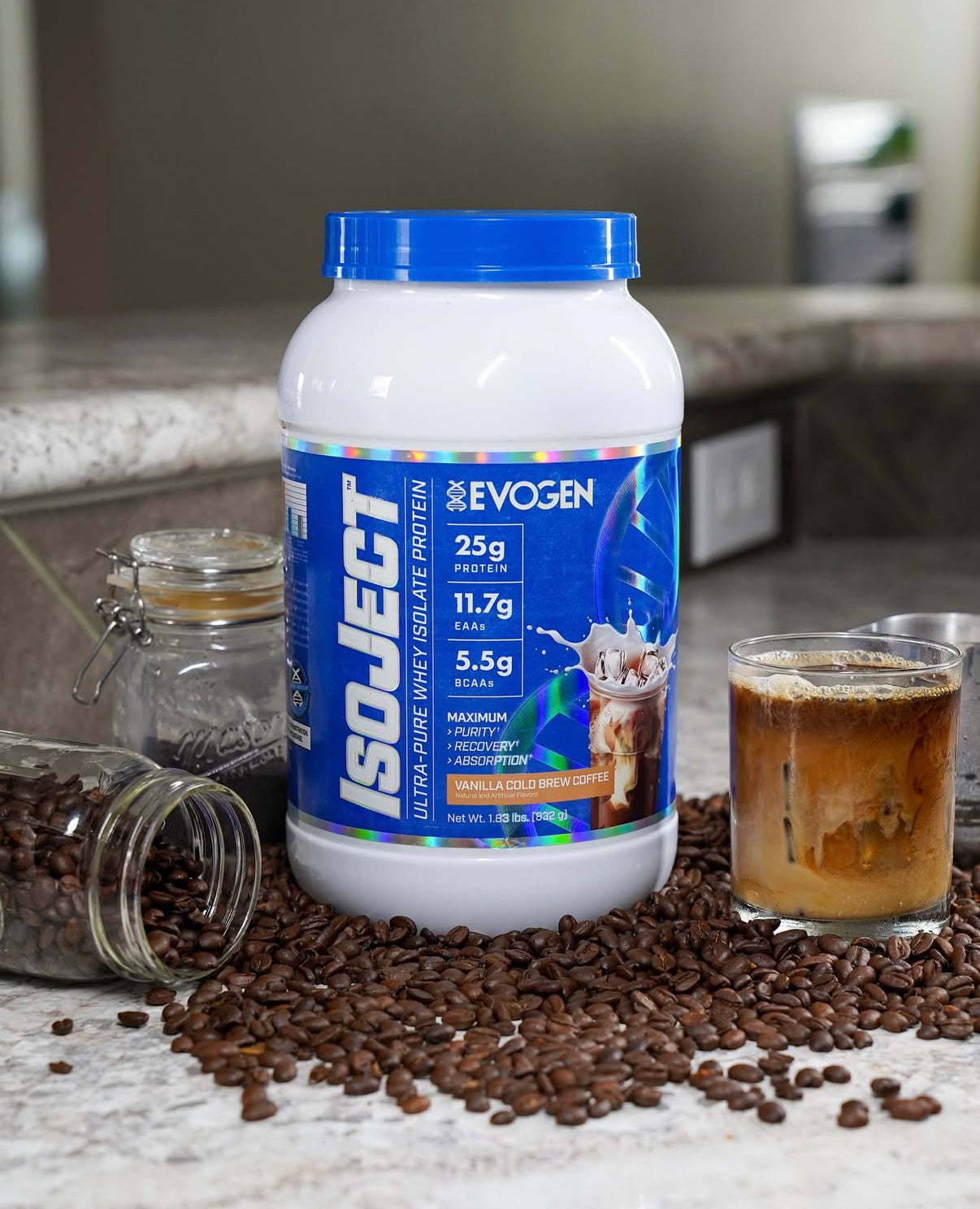In the world of fitness and sports nutrition, you hear the word proteins or proteïns almost daily. Protein shakes, protein-rich bars, powders, and even protein-rich pancakes are everywhere. Because of this, some think it’s a marketing hype — a temporary trend like low-carb diets or detox juices. But don’t be fooled: proteins are not a hype. They are an essential part of your diet, especially if you exercise.
Why are proteins important?
Proteins are the building blocks of your body. They consist of amino acids needed for the construction, repair, and maintenance of muscles. Every time you train — whether it’s strength training, running, or HIIT — microtears occur in your muscles. Your body needs protein to repair these and rebuild them stronger.
Without enough protein:
- Your body recovers more slowly
- Muscle building is less effective
- You increase the risk of overuse or injuries
- You can lose muscle mass, especially on a calorie-restricted diet
In short: if you challenge your body with sports, you must also support it with the right fuel and building blocks. And protein is crucial for that.
How much protein do you need when you exercise?
For non-athletes, the general recommendation is about 0.8 grams of protein per kilogram of body weight. But athletes need more. Depending on your sports goals, the requirement ranges between:
- 1.2 to 1.6 grams/kg for endurance athletes
- 1.6 to 2.2 grams/kg for strength athletes and people who want to build muscle mass
- Sometimes even up to 2.4 grams/kg during a strict diet while maintaining muscle mass
For an athletic man weighing 75 kilos who does strength training, that means 120 to 165 grams of protein per day.
Is more always better?
No. Excess harms. The body can only process a limited amount of protein per meal (on average 20–40 grams, depending on your weight and training condition). The rest is converted into energy or stored. What’s more important than eating extremely large amounts is distribution throughout the day. Ideally, you consume a protein-rich meal or snack every 3-4 hours.
Proteins from food or supplements?
Good protein sources include:
- Chicken, turkey, beef
- Fish (salmon, tuna, cod)
- Eggs
- Dairy (quark, yogurt, milk)
- Legumes and tofu
- Nuts and seeds
Protein shakes and bars are convenient tools, especially around your workout or on busy days, but they are not a replacement for a balanced diet. See them as a supplement, not a base.
The bottom line: not hype, but science
- Proteins are not a fad — they are scientifically proven essential for anyone actively involved in sports, recovery, and health. Whether you want to build muscle, lose fat, or just get stronger: protein is part of your foundation.
So don’t be misled by people who say “protein is only for bodybuilders.” Everyone who trains seriously benefits from sufficient protein intake. It’s not a hype. It’s a necessity.
Related reading
- Strong and muscular legs: the ultimate guide
- Pre-workout for beginners: how to use Evogen
- Creatine: the ultimate power for muscle growth and performance
- What is creatine? How it works, benefits & usage
Discover our collections
Supplement slim protein intake and speed up recovery? Explore:



